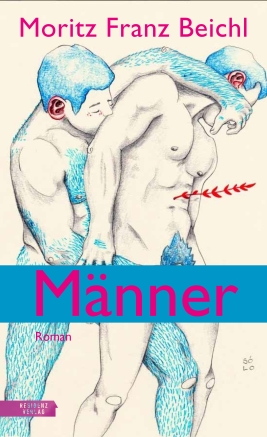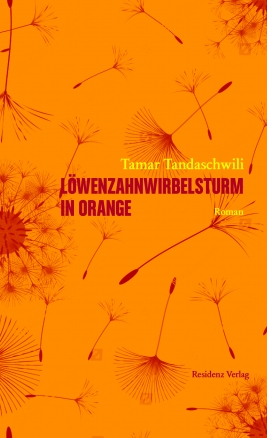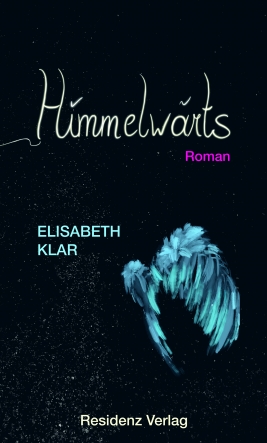
Moritz Franz Beichl - Men
With painful candour, humour and tenderness tells Moritz Franz Beichl the story of two unequal brothers and his search for alternative images of masculinity.
In Moritz Franz Beichl's novel, two men meet who have nothing in common - except one essential thing: their father. Because everything distinguishes the narrator from his brother Konrad, the lawyer and family man who lives in a nice house - and perpetuates a conventional image of masculinity. More attractive, more modern, but with all the normative violence that has always been there. But now the father has died, the two brothers have to organise the funeral together - and for the first time the narrator has something to offer his older brother: a self-determined life as a ballet dancer, as a gay man, as a stubborn single man. The old conflicts break out, but reconciliation may also be possible without fully understanding each other's lives.
Book details
160 pagesformat:125 x 205
ISBN: 9783701717859
Release date: 25.03.2024
License rights
- World rights available










